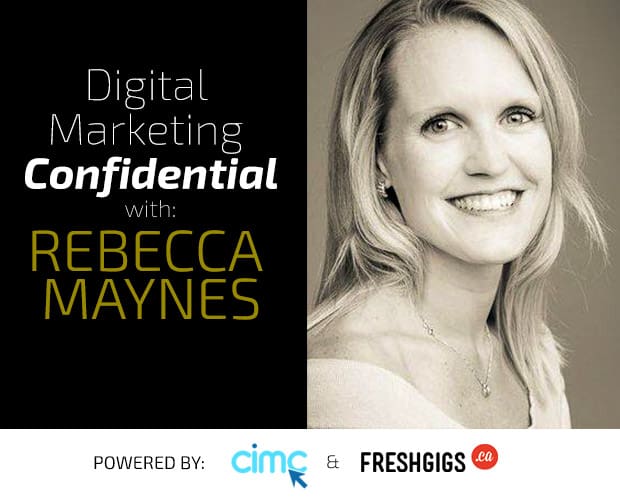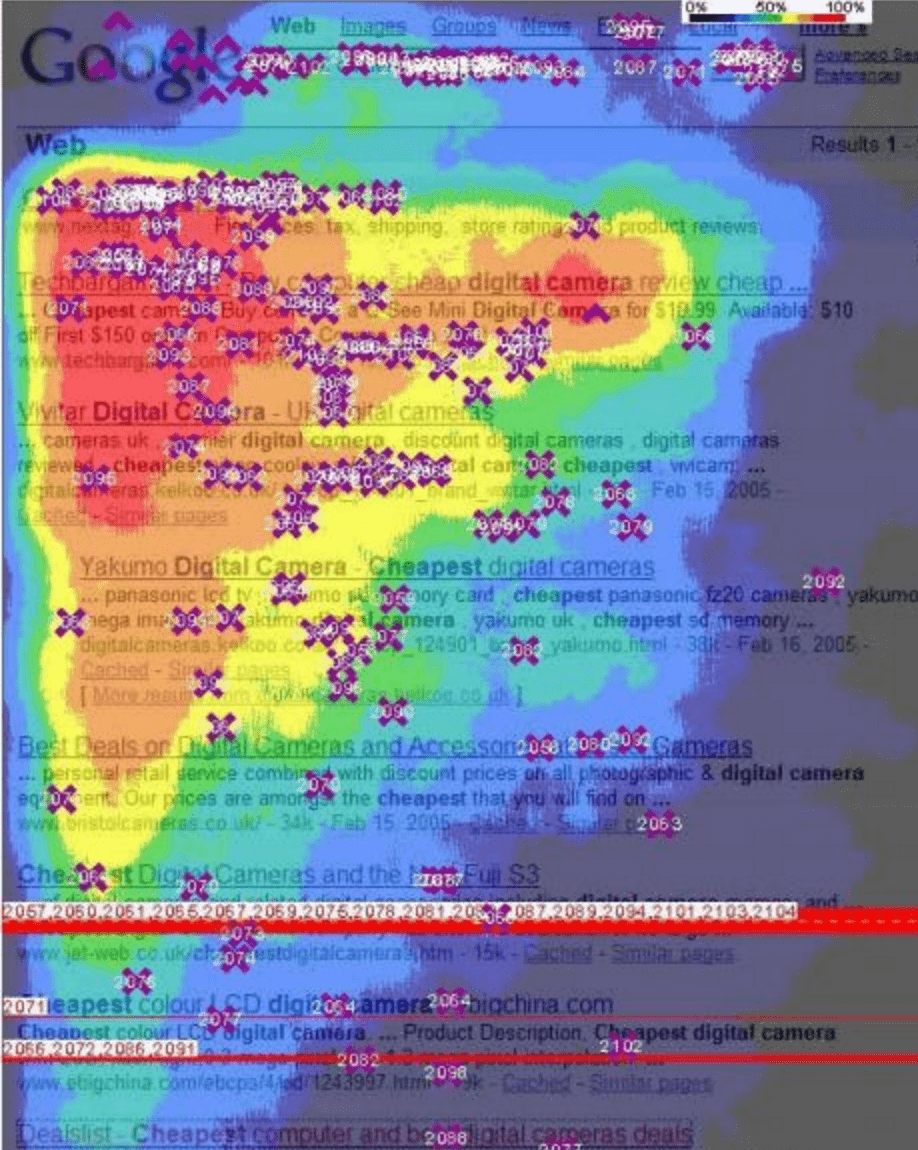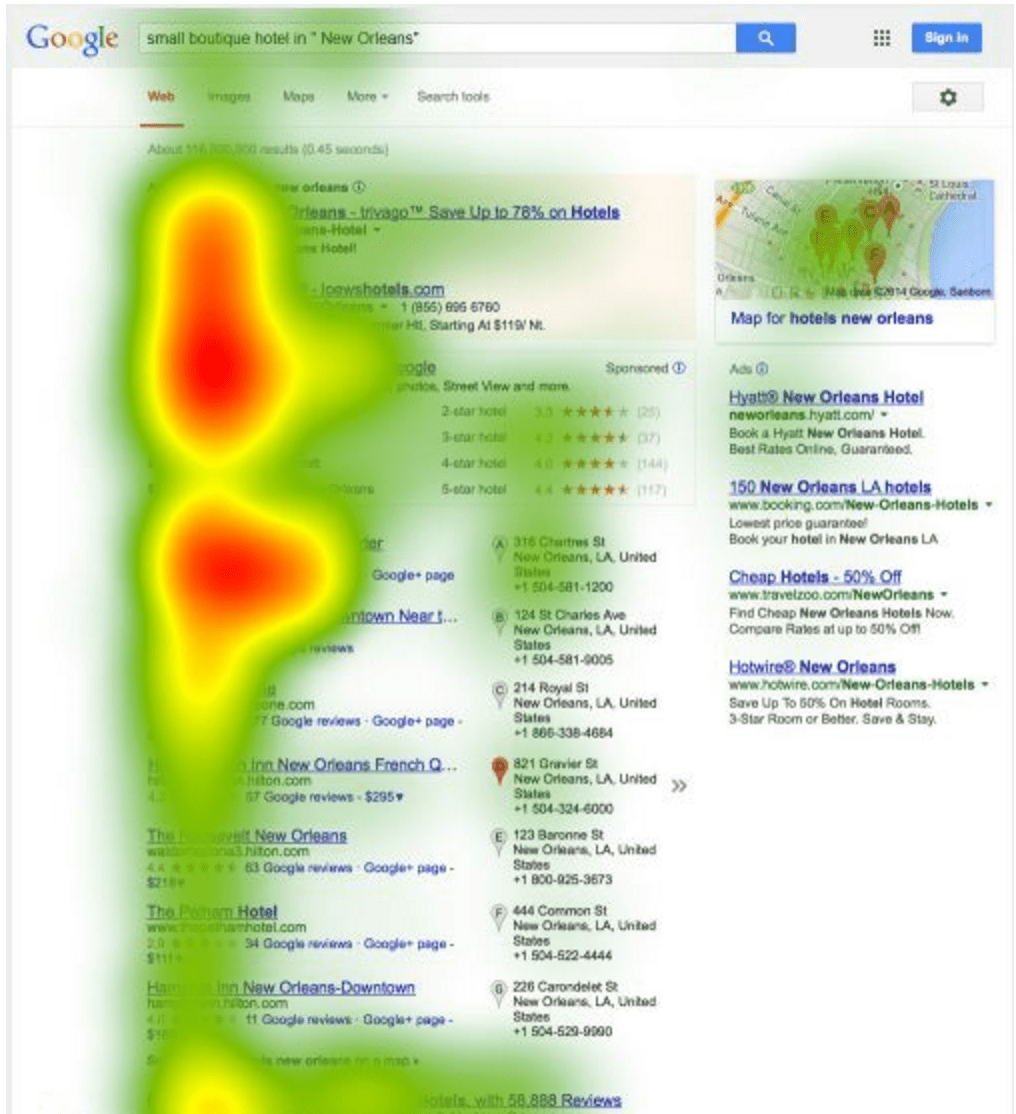Back for another year, the 2016 Canadian Internet Marketing Conference (CIMC) will feature a powerhouse line-up of more than 30 of the world’s top minds and movers of the digital marketing industry. FreshGigs.ca got the awesome opportunity to have a pre-conference brain-picking sesh with each of the keynote speakers and panelists. Today’s Q & A is with Rebecca Maynes, content marketing and research manager for Mediative.
Tell us about your work at Mediative. What does it entail?
As the Manager of Content Marketing and Research, it’s my role to ensure that Mediative is creating and publishing great content that will not only be of value for our audience, but that also showcases the innovative products and services that Mediative has to offer. A major part of my role is research, which is what I am going to be sharing more about at the CIMC. We have a lab at Mediative dedicated to researching latest trends and innovations in the digital world – we have desktop, tablet and mobile eye-trackers so we are able to get a deep understanding of how user behaviour is affected by digital marketing efforts, and vice versa.
Normally when people think of analytics, they consider the impact that they have on an organization’s bottom line. How can knowledge of consumer trends benefit customers?
Most of our research is designed to help companies gain a better understanding of their customers’ behaviour online so that they may optimize the user experience for the benefit of the customer, as well as the company’s bottom line. They’re interconnected.
For example, imagine a retailer launches a new website without having undertaken any sort of user testing. Without knowing how the average customer would use the website, the company is missing out on the opportunity to identify roadblocks to conversions, or frustrations that might cause the customer to leave, and never return to the site. It’s not, however, just about user-testing on specific sites. We have recently undertaken research focusing on display advertising, and the outcome from that is that customers prefer ads that are very relevant to their current or future needs or wants.
So, an advertiser who integrates data into advertising campaigns is more likely to be able to reach customers with relevant advertising at the right stage in their purchase cycle. Advertising in this way to customers provides them with value – and value for customers increases the likelihood of a positive impact on an organization’s bottom line, and it’s important to see the connection.
In one of your whitepapers, you studied the relationship between web search results and human nature. In what ways do you think that people underestimate the impact that technology has on human behaviour?
Smart phones have had such an impact on human behaviour that a whole new world has been created for businesses and advertisers since their adoption into every day life. Everything from the way people search on a desktop to the way they physically shop has been impacted.
Ten years ago we undertook research that showed people search on a search engine in a very specific way. Their eyes usually first focused on the page in the top left hand corner. They scanned to the first listing of the web results, and read horizontally across, from left to right, reading almost the entire title. They then dropped their gaze to the second listing, and read horizontally across, but not quite the entire title, and then moved down to the third listing, repeating this pattern. This resulted in a triangle shape in terms of gaze patterns, and this became known as the Google Golden Triangle.
In 2014 we replicated this study to see what had changed – and one of the biggest findings was that the way people searched listings had changed completely – largely because of the use of mobile devices. People are spending less time looking at desktop listings, and are barely reading the title at all, scanning the left hand side of the listings, quickly looking for what they want. Speed, convenience, and efficiency is now the name of the game when it comes to searching – and this is influenced by the way people search on a mobile search engine.
If advertisers cannot keep up to the changes, they are going to suffer to the businesses that take these changes seriously. SEO is more important than every before to reach, and maintain, a top 4 position in the search engines – any lower, and your listing is virtually invisible to today’s searcher.
We use our mobile devices everywhere and for everything, and that has had a huge impact on all businesses. Another example is in the retail vertical – people walk around stores with their smartphones open, sometimes comparing prices with other stores, or trying to find the item cheaper online. This “show rooming” behaviour wasn’t easily possible before smart phones, and it’s forcing retailers to compete with online stores that don’t have the same overheads.
The use of mobile devices while shopping also presents competitors with the perfect opportunity to target people with competing ads, based on that person’s location, trying to pull people into their stores with discounts and deals. Where once, getting customers through the door was the biggest challenge, keeping them in there long enough to make a purchase is now a major problem.
Your in-depth analysis of web trends has made you a sort of tech detective. What’s one of the most valuable things you’ve learned about our modern gadgets that you wish the public knew?
In short, convenience. Taking smartphones in particular – people are able to do so much with their smartphones that they are a) probably not aware of or b) somewhat skeptical about using it for (e.g. Paying for items with their mobile phone much like a credit card – some people will never use this feature because of security concerns).
There are apps to find metal objects from a few feet away, apps to mail postcards, apps to turn on your home heating (with a special thermostat), apps to watch security cameras, apps for literally everything you can think of! These amazing features are pretty much available to everyone who has a smartphone, but many of us don’t use them all to their full potential. I’m going to be honest – I don’t use my phone for half the things I know I could be using it for. I don’t use many apps. I’m not even sure why. Perhaps now I will!
Smart phones have had such an impact on human behaviour that a whole new world has been created for businesses and advertisers since their adoption into every day life.
Not ‘modern gadget’ related, but for me personally, I also wish the public had a better understanding of how hard advertisers work to ensure that consumers are presented with the most personalized deals and offers. People sometimes have a negative view of display ads, but our research has shown that if ads are personalized and tailored to a specific user, they are more likely to find them valuable, and that’s what many advertisers are trying to do.
For customers, it’s a great opportunity to get better deals on items they are already interested in, and many people still don’t realize this, and view display advertising as a nuisance. I think as more and more campaigns are data-driven, this opinion of ads as being negative among some people will lessen.
Stayed tuned because shortly we plan on releasing some research looking at how shoppers interact with devices and advertising as they conduct offline shopping – this will be made possible using wearable eye-tracking glasses that have wireless live view function for insights into real world scenarios. That should be being released in the coming months!
Rebecca’s expertise lies in the creation of engaging thought leadership for Mediative, and she is particularly passionate about conducting research, analyzing data and writing white papers and reports. She is looking forward to sharing some of the results from her most recent research with the audience at CIMC, as well as providing tips for advertisers that have been validated through research for advertisers to strengthen their digital marketing campaigns.
The CIMC runs April 14-15, 2016 at the West Coast Railway Heritage Park in Squamish BC, Canada. For more conference and ticket info, click here.


